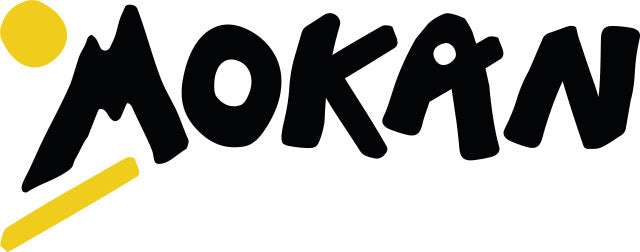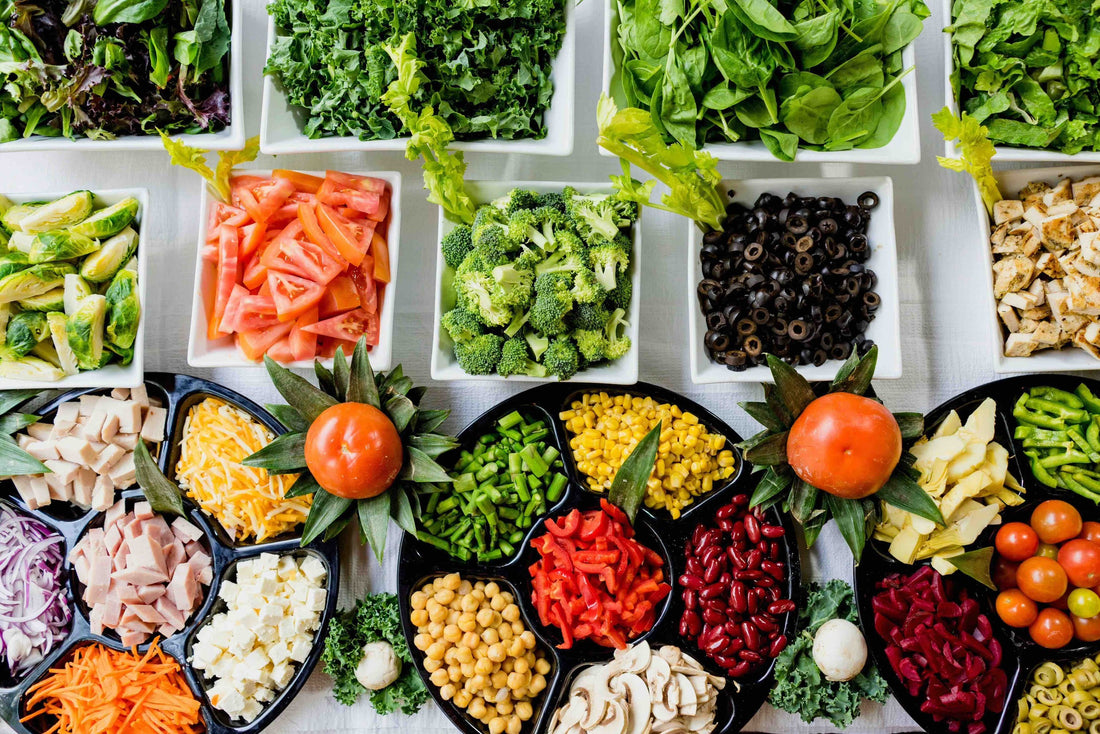I know firsthand how important it is to maintain a healthy lifestyle. Surfing requires not only physical strength but also mental focus and endurance.
That's why I've developed a surfing diet plan that helps me stay in top shape and perform my best out on the waves.
A decent surfing diet plan is designed to provide the essential nutrients and energy needed for optimal performance while also promoting overall health and well-being.
The plan emphasizes whole, nutrient-dense foods and avoids processed and sugary foods that can lead to inflammation and sluggishness. It also takes into account the unique demands of surfing, such as the need for hydration and quick energy boosts.
Essential Nutrients for Surfers
As a surfer, it's essential to fuel your body with the right nutrients to stay energized and perform at your best. Here are the key macronutrients, micronutrients, and hydration requirements for surfers.

Macronutrients
Macronutrients are the nutrients that provide energy to the body. As a surfer, you need to consume adequate amounts of carbohydrates, proteins, and fats to maintain your energy levels throughout the day.
Carbohydrates are the primary source of energy for the body. They provide quick energy and are essential for high-intensity activities like surfing. Good sources of carbohydrates include fruits, vegetables, whole grains, and legumes.
Proteins are essential for building and repairing muscles. As a surfer, you need to consume enough protein to repair the muscle damage caused by surfing. Good sources of protein include lean meats, fish, eggs, dairy, and plant-based sources like tofu and beans.
Fats provide a concentrated source of energy and are essential for maintaining healthy skin, hair, and nails. Good sources of healthy fats include nuts, seeds, avocado, olive oil, and fatty fish like salmon.

Micronutrients
Micronutrients are the vitamins and minerals that the body needs in small amounts to function properly. As a surfer, you need to consume adequate amounts of micronutrients to support your overall health and well-being.
Vitamin D is essential for bone health and helps the body absorb calcium. Good sources of vitamin D include fatty fish, egg yolks, and fortified foods like milk and cereal.
Iron is essential for transporting oxygen in the blood and is important for endurance activities like surfing. Good sources of iron include red meat, poultry, fish, beans, and leafy green vegetables.
Zinc is essential for immune function and wound healing. Good sources of zinc include oysters, beef, pork, and fortified cereals.

Hydration
Staying hydrated is crucial for surfers, as dehydration can lead to fatigue, cramps, and heat exhaustion. Aim to drink at least 8-10 glasses of water per day, and more if you're surfing in hot and humid conditions.
In addition to water, you can also consume electrolyte-rich drinks like coconut water or sports drinks to replenish the electrolytes lost through sweat.
By consuming the right macronutrients, micronutrients, and staying hydrated, you can fuel your body for optimal surfing performance.
Meal Timing and Frequency
As a surfer, it is important to fuel your body with the right nutrients at the right time. Meal timing and frequency can have a significant impact on your surfing performance and recovery.
Here are some tips on how to plan your meals around your surf sessions.
Pre-Surfing Meals
Eating a balanced meal before surfing can provide you with the necessary energy to perform at your best. Ideally, you should consume a meal that is high in carbohydrates, moderate in protein, and low in fat.
Carbohydrates are the primary source of energy for your body, and they are essential for endurance activities like surfing.
Some good pre-surfing meal options include:
- Oatmeal with fruit and nuts
- Whole-grain toast with peanut butter and banana
- Smoothie with banana, berries, yogurt, and honey
It is important to eat your pre-surfing meal at least 2-3 hours before your session to allow for proper digestion.
Eating too close to your session can lead to discomfort and cramping.
Post-Surfing Recovery
After a surf session, your body needs to recover and replenish the nutrients that were lost during exercise.
Eating a meal that is high in protein and carbohydrates can help with recovery and muscle repair.
Some good post-surfing meal options include:
- Grilled chicken or fish with sweet potato and vegetables
- Brown rice bowl with beans, avocado, and salsa
- Whole-grain pasta with tomato sauce and lean ground turkey
It is important to eat your post-surfing meal within 30-60 minutes after your session to maximize recovery.
Consuming protein and carbohydrates during this time can help with glycogen replenishment and muscle repair.
In summary, meal timing and frequency are important factors to consider when planning your surfing diet.
Eating a balanced meal before surfing and a recovery meal after can help with performance and recovery. Remember to consume a variety of nutrient-dense foods to fuel your body and optimize your surfing experience.
Sample Meal Plans
Beginner Surfer Diet
As a beginner surfer, it is important to fuel your body with the right nutrients to help you build strength and endurance. Here is a sample meal plan for a beginner surfer:
Breakfast
- 2 scrambled eggs
- 1 slice of whole wheat toast
- 1 cup of fresh fruit
Snack
- 1 apple
- 1 tablespoon of almond butter
Lunch
- Grilled chicken breast
- 1 cup of brown rice
- 1 cup of steamed vegetables
Snack
- 1 cup of Greek yogurt
- 1/4 cup of mixed berries
Dinner
- Grilled fish
- 1 sweet potato
- 1 cup of steamed vegetables
Competitive Surfer Diet
As a competitive surfer, your body requires a higher level of nutrients to help you perform at your best. Here is a sample meal plan for a competitive surfer:
Breakfast
- 3 egg omelet with spinach and mushrooms
- 2 slices of whole wheat toast
- 1 cup of fresh fruit
Snack
- 1 banana
- 1 tablespoon of almond butter
Lunch
- Grilled chicken breast
- 1 cup of quinoa
- 1 cup of steamed vegetables
Snack
- 1 cup of Greek yogurt
- 1/2 cup of mixed berries
- 1 scoop of protein powder
Dinner
- Grilled steak
- 1 cup of brown rice
- 1 cup of steamed vegetables
Remember, these are just sample meal plans and you should always consult with a registered dietitian to create a personalized plan that meets your specific nutritional needs.

Supplementation and Surfing
Sure, diet is vital, but sometimes it can be challenging to get all the necessary nutrients from food alone. That's where supplementation comes in.
Performance Enhancers
To enhance my performance, I take supplements that help improve my endurance, strength, and focus. Here are some of the supplements that I find beneficial:
- Creatine: This supplement helps to increase muscle strength and power, allowing me to paddle harder and catch more waves.
- Beta-alanine: This supplement helps to reduce muscle fatigue and increase endurance, allowing me to surf for longer periods without getting tired.
- Caffeine: This supplement helps to improve my mental focus and energy, allowing me to stay alert and focused during long surf sessions.
Recovery Aids
Surfing can be physically demanding, and it's essential to allow your body to recover properly. Here are some of the supplements that I find beneficial for recovery:
- Protein powder: This supplement helps to repair and rebuild muscle tissue, allowing me to recover faster and get back in the water sooner.
- Fish oil: This supplement helps to reduce inflammation and joint pain, allowing me to recover faster from injuries and surf longer without discomfort.
- Magnesium: This supplement helps to relax muscles and reduce muscle soreness, allowing me to recover faster and feel less fatigued after a long surf session.
Supplementation can be an effective way to enhance your performance and speed up your recovery as a surfer. It's important to consult with a healthcare professional before taking any supplements to ensure they are safe and effective for you.
Final Thoughts
The older I get the more I realize that the old sayings are true - you ARE what you eat.
Most modern sicknesses can be traced back to poor diet and bad eating habits, and if you surf, and you want to surf well, cleaning up your diet is the logical first step.
I urge you to give it a try for a few weeks and see how you feel. I'd bet that you will see the results.

